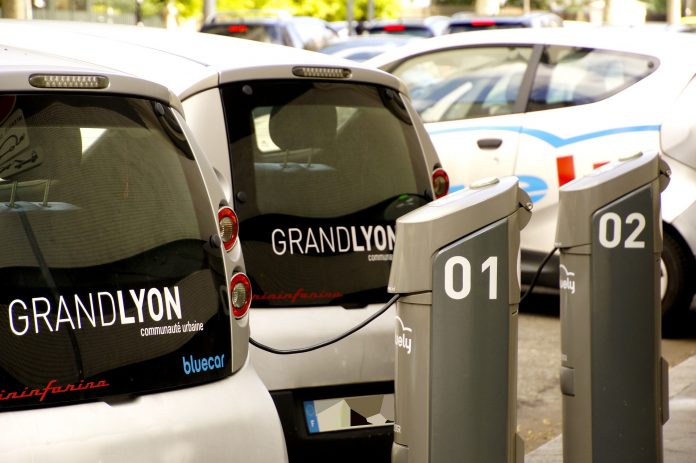By the late 1800s, the most inventive minds of the world were throwing all their effort into designing an engine that could come anywhere close to the horse as a viable means of transportation. Most were failing.
One German inventor, Carl Benz, uniquely succeeded in building a reliable three-wheeled car that ran on a gas-powered combustion engine. The only downside was he was a poorer businessman than engineer and the contraption initially failed to garner the market interest it deserved. That’s when his wife Bertha Benz took matters into her own hands by taking the car on an inter-city joyride in one of history’s most creative publicity stunts.
She hatched the idea in secret and set off at 5am unbeknownst to the car’s sleeping owner. And so the world’s first roadtrip began as the world’s first car theft.
The journey had its hiccups. The car could only reach 10 miles per hour at its best. Bertha’s two teenage sons joined her in the heist as she needed the extra muscle to push the car up steeper hills. The crew stopped frequently to buy bottles of petrol at the local chemists and to refill on water that kept the engine from overheating.
These were relatively minor problems and by the end of the day, Bertha and her sons successfully rode into their destination after a 60 mile drive through southwest Germany. Word spread quickly of the trip and the day heralded the very beginning of the age of the automobile.

Much of the 20th century can be defined by the impact the modern automobile had on our transportation infrastructure, urban planning, and even geo-politics. After a long run as the world’s main means of personal transport, it’s looking ever more likely the gas guzzler we all know today will lose its reign in a matter of decades.
The latest blow comes from China. Vice minister of industry and information technology, Xin Guobin, announced his ministry has begun research on a timetable to phase out the sale of fossil-fueled vehicles in the country. Xin also let Chinese automakers know they will need to adjust their strategy accordingly.
there’s no doubt the electric vehicle is set to change the world
While Xin gave no details on the timetable, he said “the measures would surely bring profound changes to the sector’s development”, according to the Xinhua news agency.
Last year, electric vehicles (EVs) accounted for less than 1% of the more than 28 million vehicles produced in China. But the EV market is growing quickly as it rides a wave of favorable government legislation and heavy subsidization for the industry. The country already accounts for more than 40% of the electric cars sold in the world and more than double the number sold in the U.S., according to the International Energy Agency.
If China succeeds in passing a measure to ban fossil fuel vehicle sales, it will become the third country to do so after France and Britain. Both countries announced in July plans to phase out fossil fuel vehicle sales by 2040. Citing a need for cleaner air quality, U.K. environment secretary Michael Gove said of his country’s measure, “There is no alternative to embracing new technology.”
Several other countries aren’t looking at outright bans but have openly committed to EV sales targets. According to the IEA, 14 countries had electric car targets in place by 2016: Austria, China, Denmark, France, Germany, India, Ireland, Japan, the Netherlands, Portugal, Korea, Spain, and the U.K.
The U.S. doesn’t have a federal-level policy but at least eight states have set their own goals. Particularly in the U.S., automobile companies ranging from Tesla to Ford are all pursuing advancements in electric vehicle technology in an inextricably linked effort with driverless tech.
We may still have a few more decades of aggressive policy-setting and affordability improvements to go before we see any major shifts in the automobile industry. However, there’s no doubt the electric vehicle is set to change the world with just as much force as the fossil-fueled automobile did before it.











